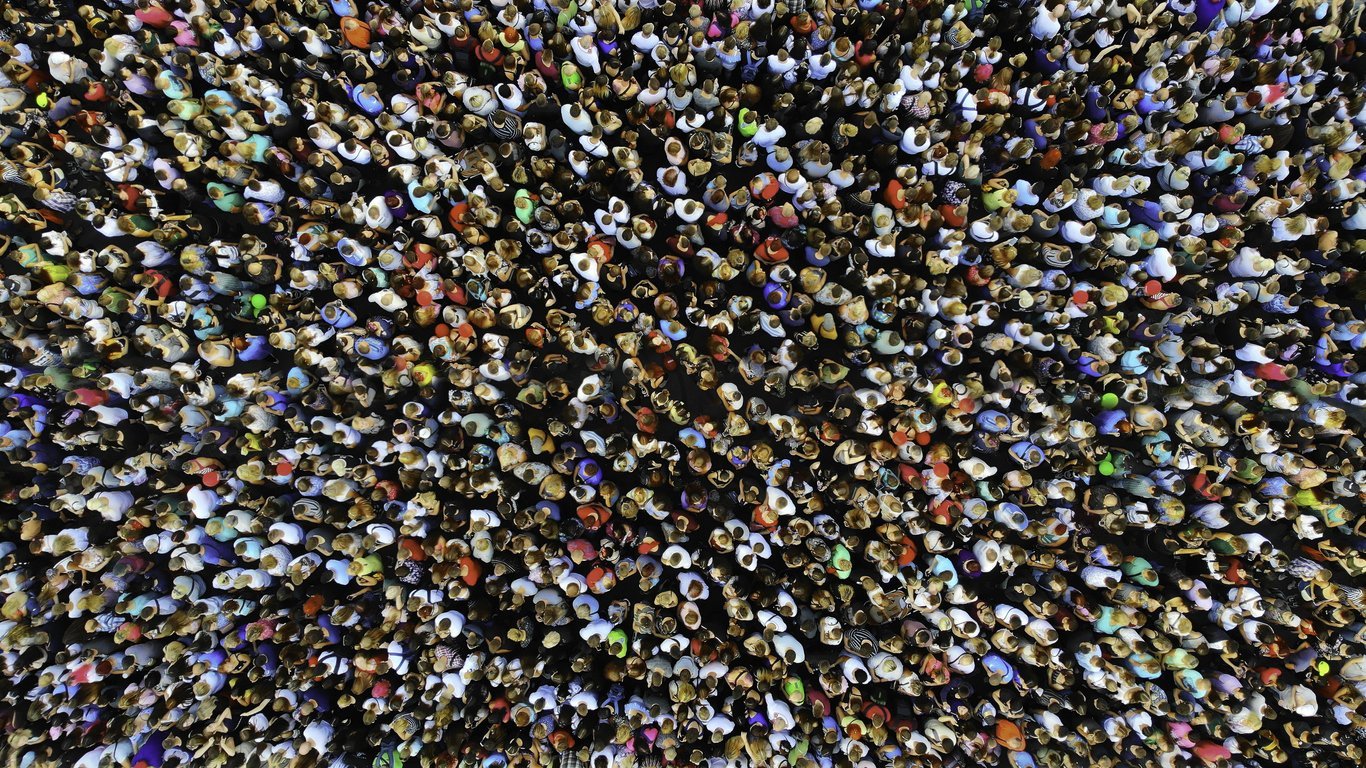Maintaining Public Order in the Future
In this section we examine the broad topic of maintaining public order in the future. Although the Covid pandemic dramatically reduced the frequency of public events, we have adapted to this new reality and are back to attending concerts, political rallies and protests. And even though the frequency and intensity of demonstrations against the police have greatly diminished, we believe that, if certain dynamics align again, America will once again experience large scale protests. perhaps it will be something connected to the upcoming General Election that sparks it. Perhaps it will be another horrendous viral video depicting atrocious police use-of-force. Whatever the spark, thinking all of that is in the past is simply wishful thinking. Our society has so many contentious issues raging through it now that it will take little to create situations that require the police to “maintain the public order.”
We use the phrase “maintaining public order” to cover a wide range of events and operations, including protests, festivals, sporting events and disorder, where there is a reasonably foreseeable risk to public order and/or public safety. These large scale, positive events include musical concerts, marathons, sporting events and political rallies. In addition, the phrase refers to:
Acts of Civil Disobedience which are unlawful and non-violent actions involving a planned or spontaneous demonstration by one or more person(s); and,
Civil Disturbances that are gatherings that constitutes a breach of the peace or any assembly of persons where there is a threat of collective violence, destruction of property, or other unlawful acts.
Maintaining public order is a complicated process fraught with legal, societal and political peril for the police. American police officers pledge a solemn oath to uphold the Constitution of the United States. This includes, among other rights, our guarantee to the freedom of speech and to peacefully assemble. Our country was founded, in part, by Americans’ willingness to protest and rebel. So we really shouldn’t be surprised that to this day, we protest en mass against perceived injustice or governmental abuse. Anti-police protests are full of emotion. They are difficult for everyone involved. But, it is the obligation of the police to facilitate peaceful protests by the public, even when they are the focus of those protests.
Maintaining public order is already extremely complicated for the police. Societal evolution, political influence and rapidly advancing technology all have influence in how the police manage large public gatherings. This will only get more involved and complicated in the future. And it will require the police think differently about how they maintain the public order and keep everyone safe. These are the areas on which we will focus.

Policing the Public Square in the Digital Age: Maintaining Order in a Digital World
The digital revolution presents both opportunities and challenges for public order policing. Social media platforms empower citizens to document and share events in real time, fostering transparency and accountability for law enforcement. However, the same technology can be a breeding ground for misinformation and disinformation, potentially escalating tensions and eroding public trust

Will mass demonstrations increase in the future?
It seems likely that mass demonstrations will remain a feature of society into the foreseeable future, given trends of increased global interconnection, economic disparities, social movements, political polarization and threats posed by artificial intelligence to various jobs conditions - conditions which provide fertile grounds for more mass protests to arise and be organized more easily thanks to advances in technology.

